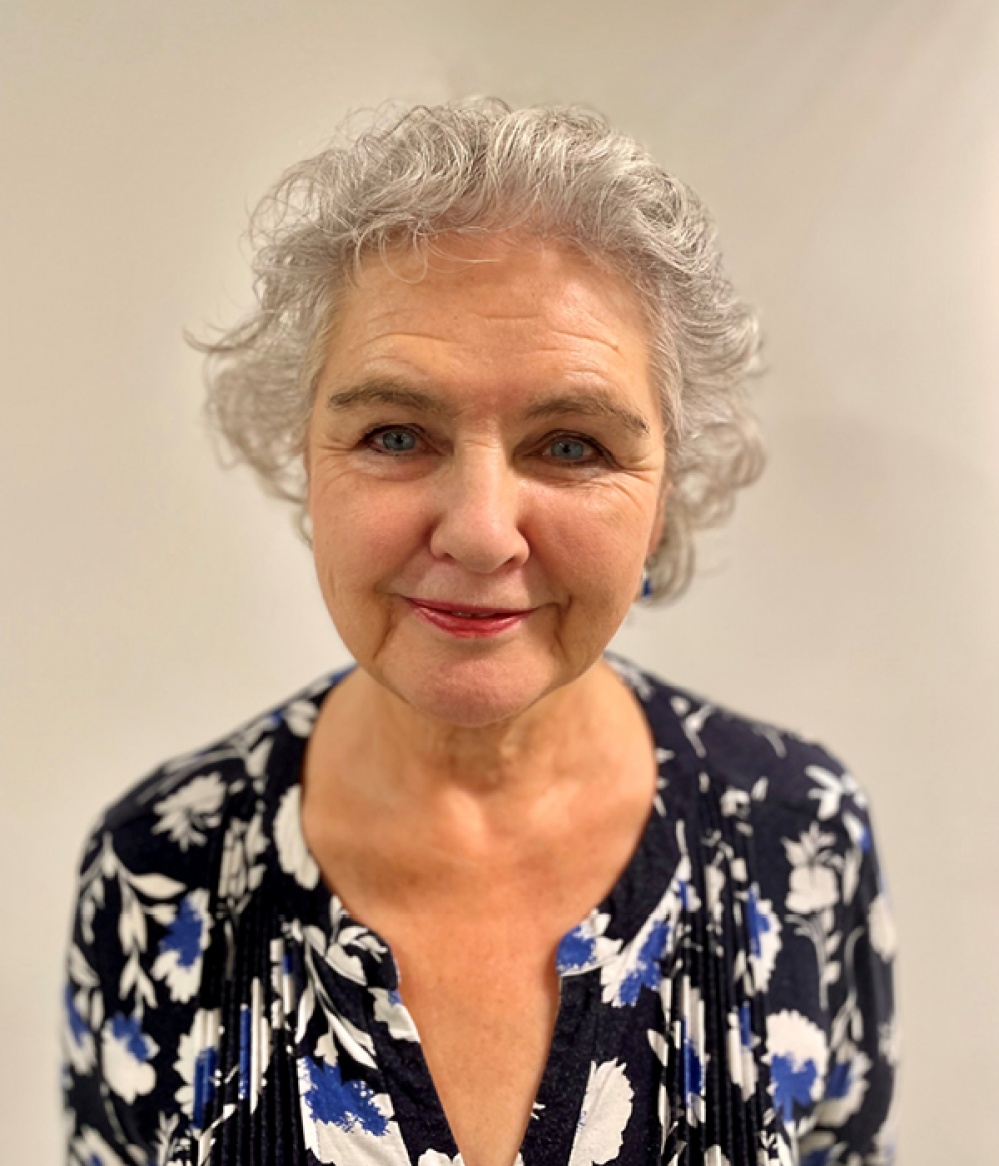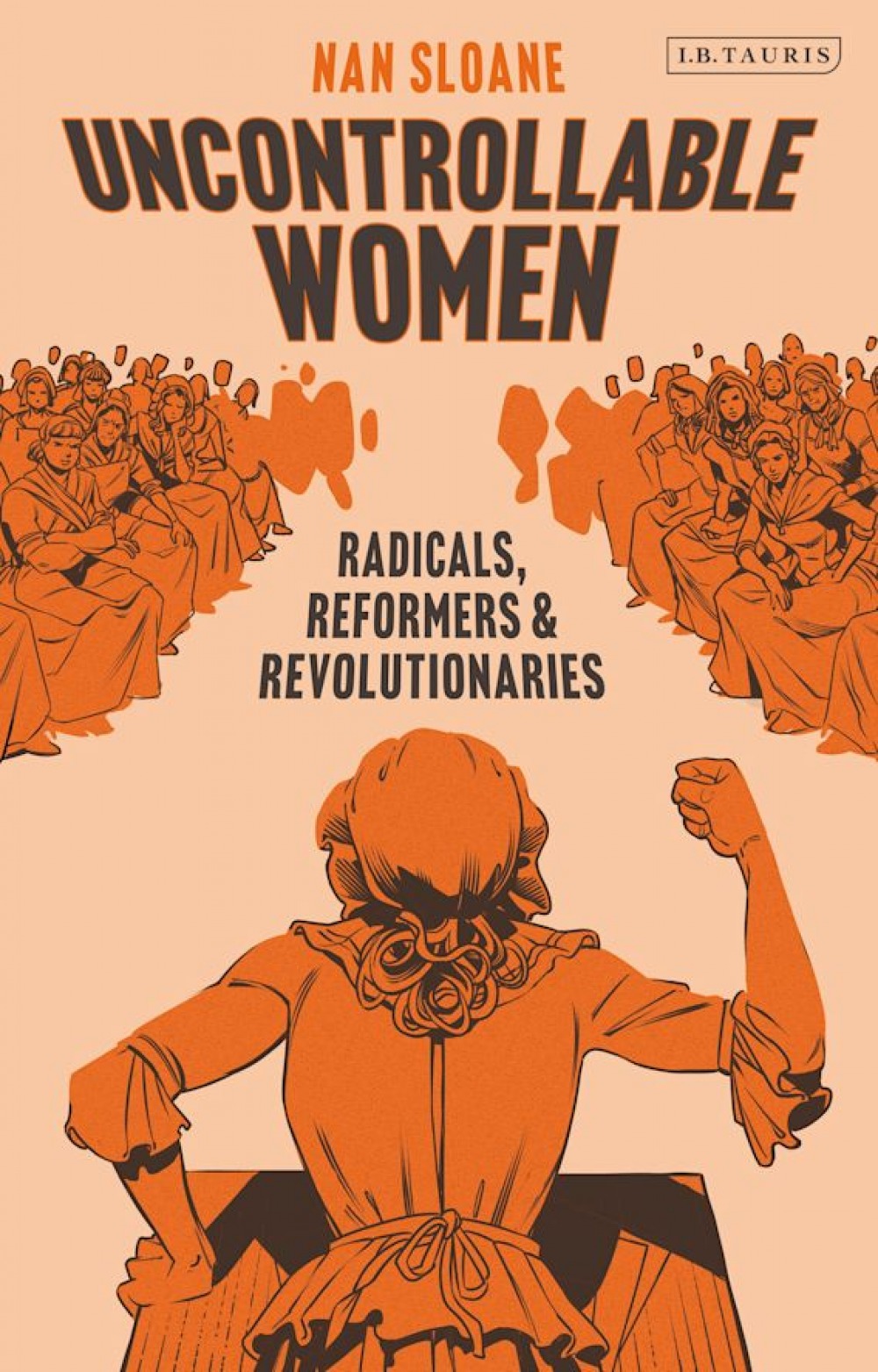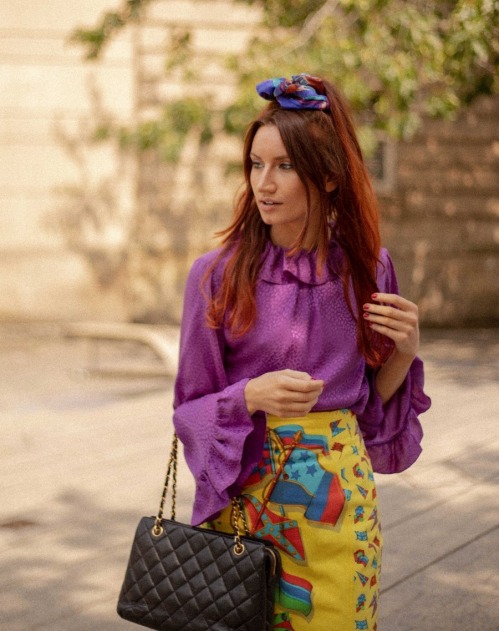Meet Author, Nan Sloane

Leeds-based author Nan focuses on the role of working-class women who’s roles were overlooked in the political history of Britain

Tell us about Uncontrollable Women and what we can expect.
It’s a book about women on the left of politics at the turn of the 19th century, so between the start of the French Revolution and the passing of the Great Reform Act in 1832. The women in the book are from very different backgrounds, different parts of the country and had different life experiences, but all in some way challenged the status quo or the establishment. Some of them did this through writing and political philosophy, some through direct action, and some through taking up causes that are still current today so issues around free speech and freedom of assembly. Most of these women didn’t know each other and they didn’t act together – there was no women’s movement or feminists, so many were operating within communities. They come together in their shared characteristics of simply not accepting the circumstances they found themselves in and were all prepared to challenge these circumstances publicly at a time when there was a very oppressive government – they often were afraid of the consequences and in some cases the consequences were very serious.
Why did you feel this kind of literature was important to write?
I thought it was important because we have this idea of women in politics and as political activists which starts with the suffrage movement, but in fact it’s not possible that women had no interest in politics before they gained their right to vote. The women that we do know about tend to be aristocratic women and very privileged women which again suggests that women lower down the social scale were not participants but were bystanders and accepted the word they were born into. One of the things I’m interested in is understanding the role that women played in events that we think of as being very male. For example, there is a lot to talk about in terms of women hidden in history. Most of them aren’t hidden but in fact just not seen. At the Peterloo Massacre, women are recognised as being there for the purpose of showing a peaceful demonstration – what could be more peaceful than men bringing their wives and children to such an event? The women there are seen as passive and having been brought there to demonstrate peaceful intent. But, when you actually read the accounts of Peterloo, women were there of their own accord and were there in organised groups to speak from the platform. So in other words they were active participants and they had their own role. The event itself was organised as much by political women as it was by political men. My argument is that the women there had intentions and were there despite knowing the risks.
Do you think the world is changing in respect to feminism and women’s movements?
I think that thank goodness we live in a very different world to one which was over 100 years ago. The most striking difference between women then and now is the women of the past had no social or political rights and so they couldn’t own property and they had no rights to their children or over their bodies and no rights to any money they earned – they were entirely dependent on their husbands or fathers. This is a theme that gets picked up later in the book when women look at the position of women and start challenging it. Whereas now we have all these rights because women fought for them.
What was the most surprising find when you were researching for the book?
A lot of what we are told about the women of the time is right but there is a lot of information that is wrong. Jane Austen for example, is seen as an outlier and I think most people don’t know that there were hundreds of other women writing and publishing novels at the same time. Jane Austen was actually in a vey active literary environment which was full of women and I think that was something that changed how the book turned out because I wasn’t aware of that at the beginning. I thought I would be writing about women who were outliers and who were unusual in their times – one or two were but many of them were actually part of a much wider movement. So, instead of writing about the women who were victims of something like the Peterloo Massacre, I became aware of proactive women and I wanted to look for them and tell their stories in the way I think they ought to be told, as positive, proactive women thinking for themselves.
Uncontrollable Women published by Bloomsbury is now on sale







